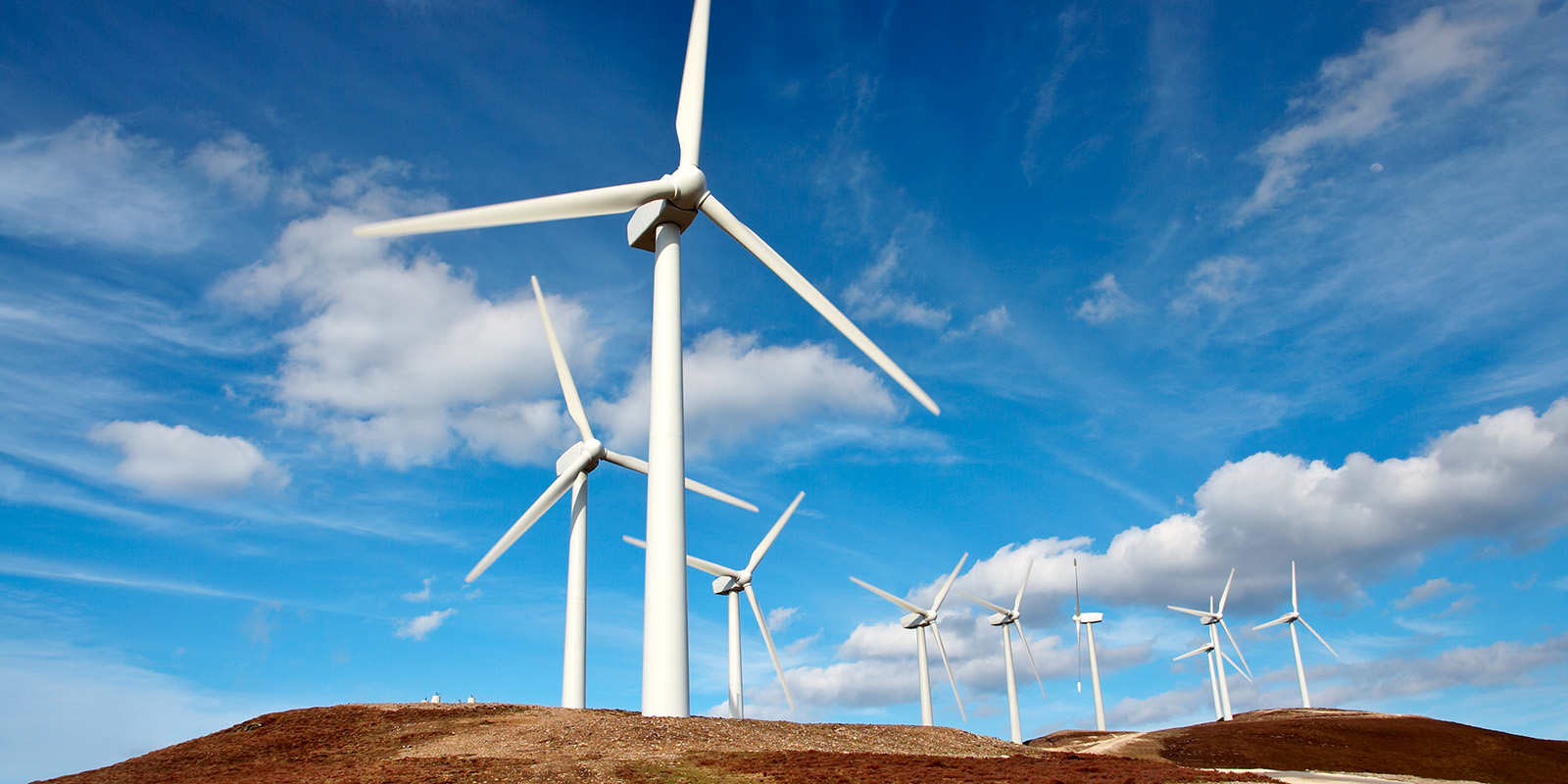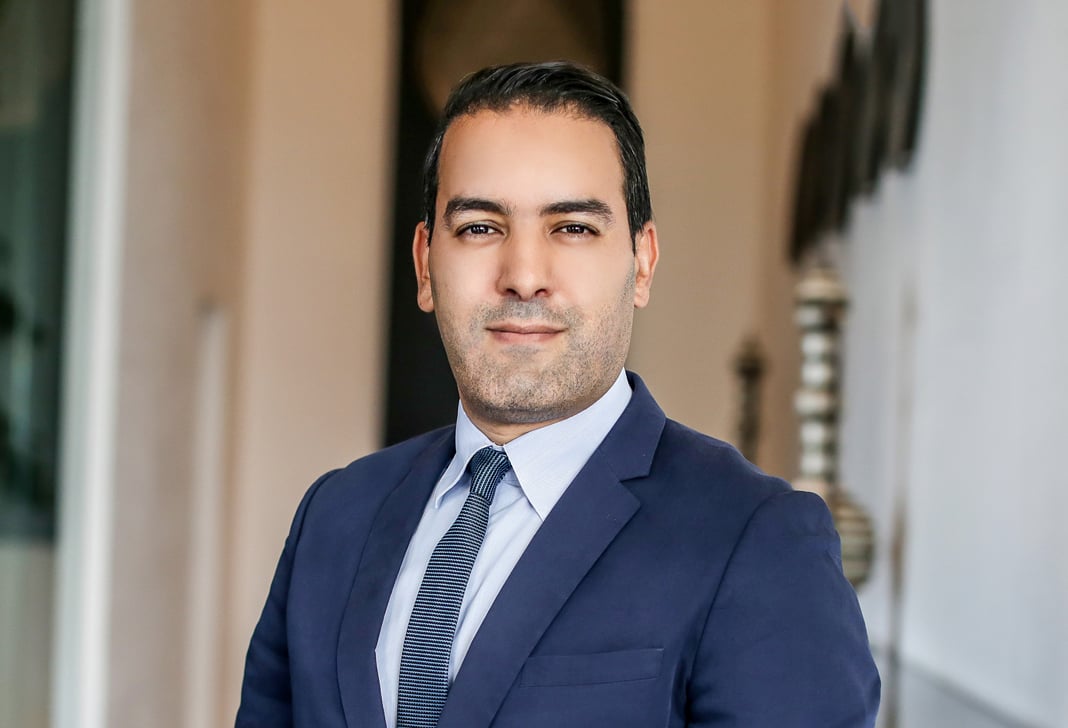
Call for Projects: Tunisia Launches its Renewable Energy Program
In Short
The Situation: The first phase of a renewable energy program is being launched by the Tunisian Ministry of Energy, Mines and Renewable Energies.
The Action: A call for energy projects by the Ministry seeks development of 210 MW spread across wind and solar sources.
Looking Ahead: The process for parties interested in developing the projects is outlined in a 2015 law and 2016 decree.
The Tunisian Ministry of Energy, Mines and Renewable Energies has launched the first phase of its renewable energy program, which includes the development of 210 megawatts ("MW") as follows:

This first program will be developed under the licensing regime (régime des authorisations) through a build-own-operate scheme. All the energy produced will be sold to the Tunisian Company of Electricity and Gas, or STEG, under a model power purchase agreement, also published on the Ministry's website.
This call for projects has been published together with the procedure (manuel de procedures), which describes the technical and financial information to be provided by the sponsors as well as the criteria and methodology for selecting the bidders ("Procedure").
Main Key Terms of the Procedure
The bidders will be selected based on their experience with similar projects and more specifically on the project content and the tariff proposed.
Content of the Project. One of the key requirements for the sponsors will be to secure the site where the project will be developed. Under this call for projects, the Tunisian government will not provide sites to the sponsors. Therefore, the technical offer must contain the localization and description of the site proposed by the sponsors. Since the ownership of the land can raise some issues in Tunisia, the sponsors' offers also must contain some information on the land status as well as any agreement showing the availability of the site, such as an agreement to sell or to rent, a lease agreement, or an ownership title.
Sponsors also must provide the following information and documents: (i) a technical study describing the source of energy, the capacity, the equipment specifications, and the planning for implementation of the project; (ii) the investment plan and financing scheme, including the terms sheets agreed upon with the lenders; (iii) the rate of the project's local integration compared to the project's global investment (excluding the land costs), with relevant supporting documents; (iv) the number of employment positions created during the construction and operational phases; and (vi) a preliminary environmental impact study.
Tariff Proposed by the Sponsors. The tariff must be composed of two elements—a fixed portion for the first 12 years of operation and a fixed portion for the next eight years, including, if any, the split between the local and foreign currency (U.S. dollars or euros) for each tariff. The foreign component of the tariff must be supported by relevant explanations and/or documentation. Also, in order to take into account the euro/dollar–Tunisian dinar exchange rate, the foreign part of the tariff proposed will be adjusted according to the following formula:
Tn = TDn + TCn€/TCR€*T€n + TCn$/TCR$*T$n
Tn: tariff for the year in local currency
TDn: tariff in local currency for the year n
TCn€: euro–Tunisian dinar parity for the year n
TCR€: euro exchange rate
T€n: tariff in euro for the year n converted into Tunisian dinar according to TCR€
TCn$: dollar–Tunisian dinar parity for the year n
TCR$: dollar exchange rate
T$n : tariff in dollars for the year n converted into Tunisian dinar according to TCR$
Summary of the Process for Securing the Ministry's Final Approval
According to renewable law 2015-12 and its implementing decree 2016-1123, the process for developing these projects can be summarized as follow:

Three Key Takeaways
- A call for the development of 210 MW, via wind and solar projects, was recently issued by the Tunisian Ministry of Energy.
- All energy produced will be sold to the Tunisian Company of Electricity and Gas ("STEG") under the terms of a model purchase agreement.
- Interested parties will be required to provide certain information with their proposals, including technical studies, financing plans, employment projections, and an overview of probable environmental impact. A proposed tariff plan must also be submitted.
Lawyer Contacts
For further information, please contact your principal Firm representative or one of the lawyers listed below. General email messages may be sent using our "Contact Us" form, which can be found at www.jonesday.com/contactus/.
Javade Chaudhri
Saudi Arabia/Washington
+966.12.616.3939/+1.202.879.7651
jchaudhri@jonesday.com
Rémy Fekete
Paris
+33.1.56.59.39.39
rfekete@jonesday.com
Mohamed Mahjoubi
Dubai
+971.4.709.8415
mmahjoubi@jonesday.com
Jones Day publications should not be construed as legal advice on any specific facts or circumstances. The contents are intended for general information purposes only and may not be quoted or referred to in any other publication or proceeding without the prior written consent of the Firm, to be given or withheld at our discretion. To request reprint permission for any of our publications, please use our "Contact Us" form, which can be found on our web site at www.jonesday.com. The mailing of this publication is not intended to create, and receipt of it does not constitute, an attorney-client relationship. The views set forth herein are the personal views of the authors and do not necessarily reflect those of the Firm.




